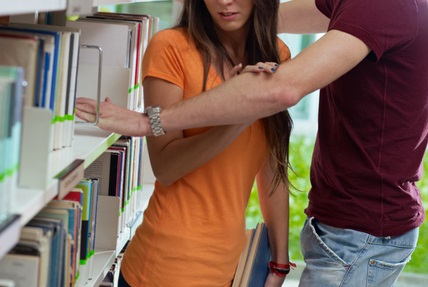
With around half of all university students entering tertiary education straight from high school, the classroom may serve as the final opportunity to formally educate teenagers on the issue of consent and sexual respect.
“I think it would be useful for schools to discuss the issue and tell students they need to think about how they’re going to behave when they’re away from home,” says Carolyn Worth, manager of the South Eastern Centre Against Sexual Assault (SECASA).
“We’re talking about thousands and thousands of young people away from home for the first time with no parental guidance and almost no restrictions on what they do,” continues Worth. “I think it would be useful for them if they can actually invest some thought into how they’re going to deal with that.”
Worth also says principals and leaders should work towards creating a safe environment where students feel comfortable talking about difficult topics.
“It’s important you have a school where these things can be discussed and they’re not brushed under the carpet,” she tells the Educator. “If something does happen you should address it in assembly, talk about it and get students who are upset to go and talk to their student welfare coordinator or their school counsellor.”
If leaders have concerns about something that’s happening, Worth also suggests finding an external figure to come in and run a program or workshop.
“It’s about keeping talking, making sure there’s a space where you can talk about things and being very open about these things,” she says.
Worth also noted that while schools could always do more, many have already put meaningful initiatives in place to encourage healthy attitudes towards relationships.
“Schools have some good programs in place – in Victoria, they brought in Respectful Relationships across secondary schools and that’s being rolled out this year so they’re going to deal with those things, they also have wellbeing programs so they’re doing quite a lot,” she says.
SECASA itself operates a school program called Respect, Protect, Connect which promotes healthy relationships and teaches anti-violence strategies to young people.
“We’ve ran that in about 40 or 50 schools secondary schools every year for the past 18 years so that’s thousands of students,” says Worth.


